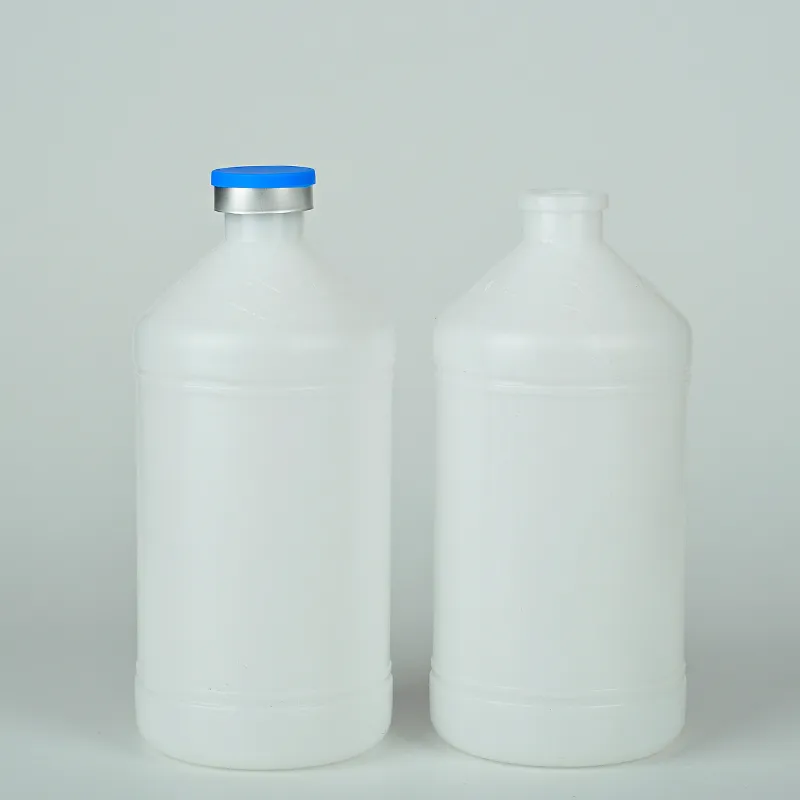what tube is used for dna testing
The Role of Tubes in DNA Testing A Comprehensive Overview
DNA testing has revolutionized various fields, from forensic science to ancestry research and medical diagnostics. A critical aspect of DNA testing procedures involves the collection and transportation of biological samples, primarily through the use of specialized tubes. In this article, we delve into the types of tubes used for DNA testing, their features, and the importance of proper sample collection to ensure accurate results.
Types of Tubes Used for DNA Testing
When collecting samples for DNA testing, several types of tubes are utilized, each designed for specific purposes. The most common tubes include
1. EDTA Tubes Ethylenediaminetetraacetic acid (EDTA) is a anticoagulant that prevents blood from clotting. EDTA tubes are frequently used for collecting whole blood samples for DNA testing. They are typically purple or lavender in color and are essential for preserving the integrity of the DNA during storage and transport.
2. Sodium Citrate Tubes These blue-topped tubes contain sodium citrate as an anticoagulant and are often employed in blood tests. While more common in coagulation studies, they can also be used for specific DNA testing scenarios, particularly when the preservation of cellular components is necessary.
3. Saline or Swab Tubes For non-blood samples, such as saliva, buccal swabs, and other tissue samples, sterile containers or tubes are used. These tubes ensure that samples remain uncontaminated. Saliva is frequently used for ancestry testing or personal genomics due to its ease of collection and non-invasive nature.
4. FFPE (Formalin-Fixed Paraffin-Embedded) Blocks In cancer research and pathology, samples are often preserved in a FFPE state. These blocks preserve the integrity of DNA in tissue sections, allowing for genomic studies of tumors and other pathological specimens.
Features of DNA Testing Tubes
The tubes used for DNA testing have specific features that enhance their effectiveness
- Sterility Most DNA collection tubes are sterile to prevent contamination from external sources, which could compromise the test results.
what tube is used for dna testing

- Labeling Proper labeling on these tubes is crucial, often requiring barcodes or unique identifiers to track samples accurately throughout the testing process.
- Material The materials used in the construction of these tubes (such as plastic or glass) are selected based on their compatibility with the biological samples and the types of assays to be performed.
- Volume Capacity Depending on the type of sample and the testing method, these tubes come in various sizes, accommodating anywhere from a few milliliters to several liters.
Importance of Proper Sample Collection
The integrity of DNA depends significantly on how it is collected and stored. Proper sample collection is critical for several reasons
- Contamination Prevention If not collected in clean, sterile conditions, samples can become contaminated with other DNA, leading to inaccurate test results.
- Degradation Minimization DNA can degrade due to environmental factors such as temperature and exposure to light. Using the right tubes helps minimize these risks, extending the viability of the sample.
- Facilitating Testing Protocols Different tests may require particular types of samples or volumes. Using the correct tube ensures that laboratories can perform the necessary tests without complications.
Conclusion
In conclusion, the choice of tubes in DNA testing is a crucial factor that influences the success and accuracy of the results. From EDTA and sodium citrate tubes for blood samples to saline containers for saliva, each type plays a vital role in preserving DNA integrity. The advancement of DNA testing technologies continues to evolve, but the fundamental aspect of careful sample collection and proper use of testing tubes remains paramount. Understanding the intricacies of DNA testing procedures enhances confidence in the results, whether for medical diagnoses, forensic investigations, or ancestry explorations. As we continue to harness the power of genetics, ensuring the reliability of our samples is an essential step towards unlocking the secrets held within our DNA.
-
Aesthetic Makeup Spray Bottles | Fine Mist Empty RefillableNewsAug.19,2025
-
White Plastic Veterinary Vaccine Vials | Lab Liquid BottlesNewsAug.18,2025
-
Plastic Medicine Liquid Bottle: Secure Flip Top Drug VialsNewsAug.17,2025
-
Durable 250ml Blue Plastic Vaccine Vial for Lab & Vet UseNewsAug.16,2025
-
Sterile Virus Sample Tubes: Secure & Reliable Specimen CollectionNewsAug.15,2025
-
White 250ml Plastic Vaccine Vial for Lab & Vet MedicineNewsAug.14,2025
























